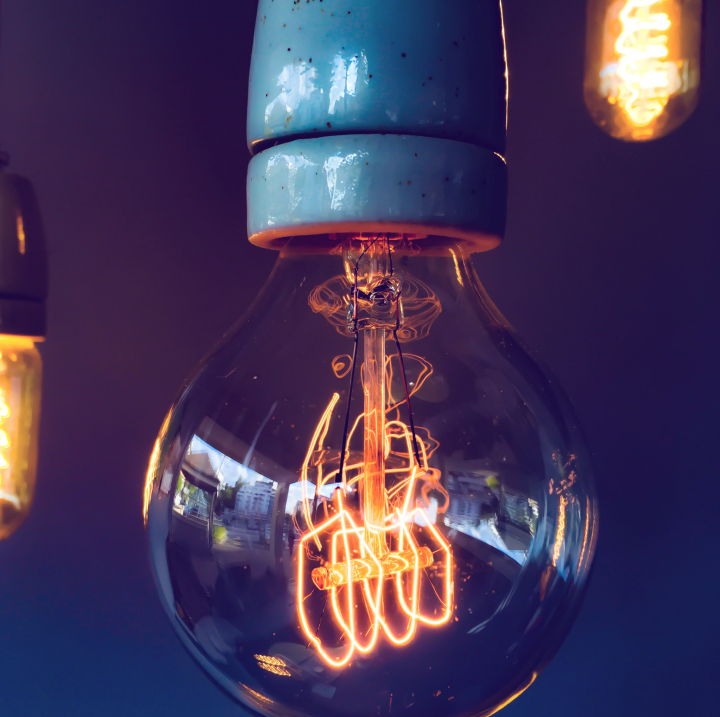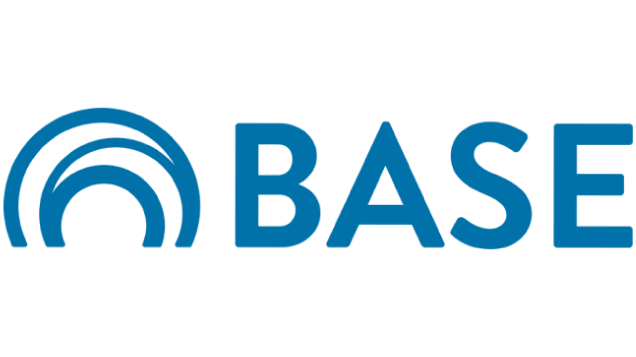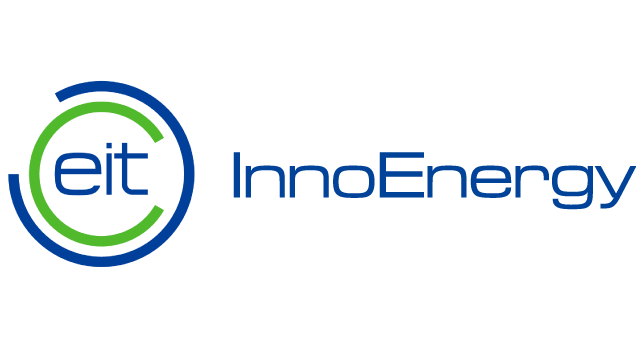EaaS Initiative
EaaS is a pay-per-use model where the end-customers only pay for the service they receive, rather than the physical product or infrastructure that delivers the service



EaaS Background
For long, energy efficiency has been one of the most underrated opportunities to reduce our carbon emissions. Since 1975 energy efficiency measures have been responsible for reducing 30 times more carbon emissions than clean energy. End-use energy efficiency alone can deliver 35 per cent of the cumulative CO2 savings through 2050 required to meet the climate goals of the Paris Agreement.
Although energy efficient technologies are available, there are still several barriers that prevent it from being deployed at its full potential, including high up-front costs, higher-risks perception, uncertain returns, other priority investments, lack of maintenance skills and limited financing options.
Servitisation represents an effective way to increase investments in energy efficiency needed for the economic recovery after COVID-19 and to deliver the EU targets, the Paris Agreement goals and achieve a low-carbon economy.
Servitisation is not yet well recognised in the asset finance industry. The servitisation model for energy efficiency is a financial model that is well suited to help SMEs to incorporate energy efficient solutions without distracting their limited capital and reducing significantly the perceived risks.
Through this innovative business model, BASE has developed Cooling as a Service (CaaS) a pay-per-use business model that overcomes key market and financial barriers to increase and accelerate the adoption of energy efficient cooling technologies and the use of climate-friendly refrigerants gases. In 2019, CaaS was recognised as the most innovative, actionable and scalable financial instrument to scale up investments in climate change mitigation for sustainable cities by the Global Innovation Lab for Climate Finance.
The Efficiency as a Service (EaaS) initiative was born with the goal to bring the learnings from CaaS to Europe and including all energy efficient equipments to broaden the impact of servitisation in the energy sector.




